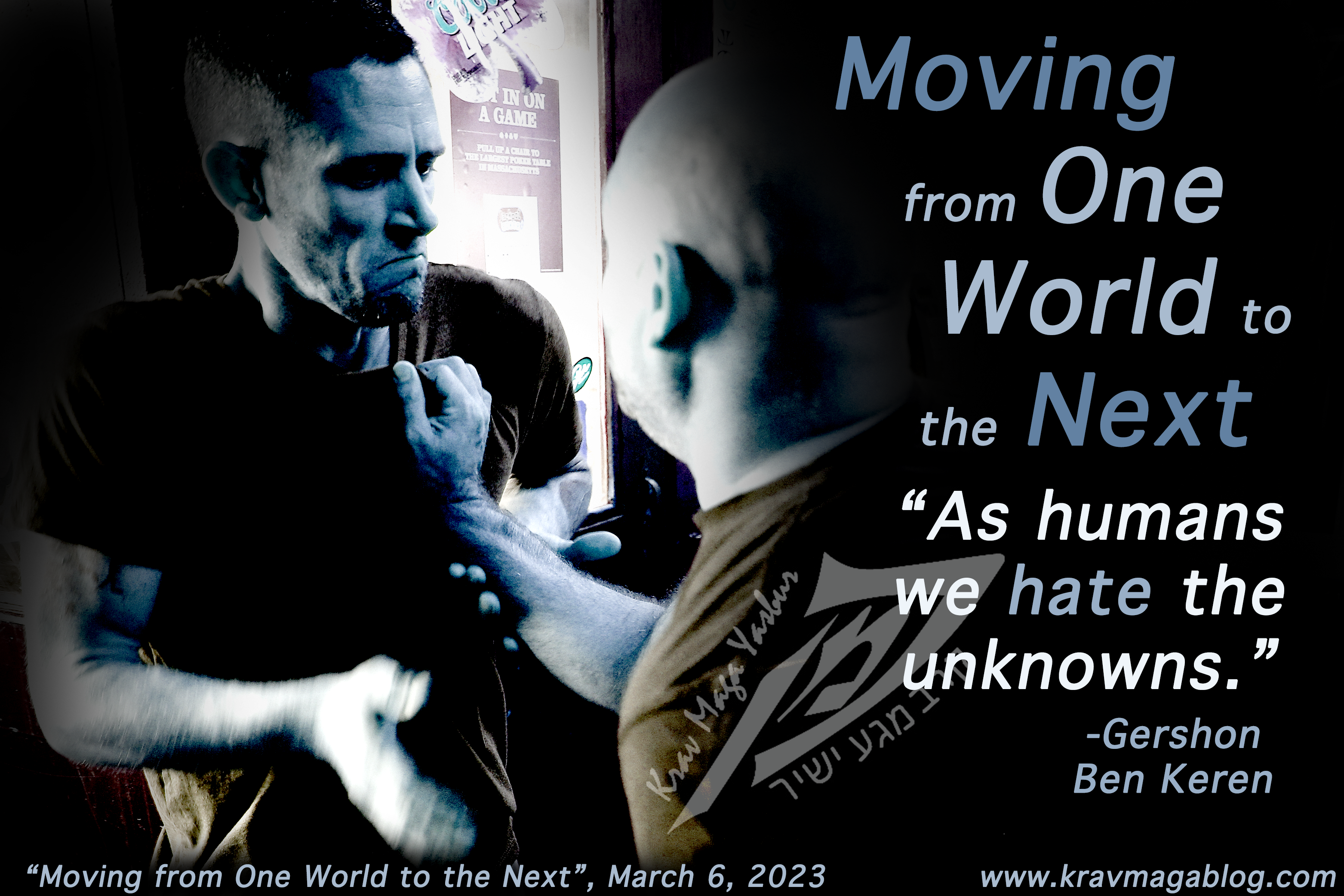Author: Gershon Ben Keren

Human beings are by nature optimistic and resilient creatures, and capable of dealing with great changes both physiologically, emotionally and psychologically. I am not saying this in a motivational, “we can achieve anything we set our minds to”, type of way, but more as a scientific observation. Our bodies are very effective at dealing with extreme temperatures. When experiencing rapid drops in temperature our body will engage in vasoconstriction (moving blood away from our peripheries to core areas, keeping major organs warm), and shivering, which generates heat, helping to raise body temperature. This has allowed for people to survive drops in body temperature, from an average of 98.6 degrees Fahrenheit (37 degrees Celsius) to 56.7 degrees Fahrenheit (13.7 degrees Celsius). We are capable of surviving extreme changes. Perhaps one of the most remarkable “changes” we experience is at birth, when we transition from what is basically a “water” world, to an “air” one. There is perhaps a no more physiologically traumatic event than this one, and it is necessary for us to experience this trauma in order to survive.
In the womb, a fetus’s lungs are full of water. Oxygenated blood is sent to the placenta via the umbilical cord, and to the fetus’s heart. The lungs are bypassed. However when a baby is born, a transition has to occur. During labor, through pressure on the baby’s body water is pushed out of the lungs (and is absorbed into its body). As it enters the world of “air”, it experiences cold for the first time. This shock/trauma is necessary to trigger the breathing system to kick in. In response the umbilical vein closes. As this happens CO2 starts to build up and the baby is effectively suffocating. At this moment, when a baby takes its first breath, a one-way valve to the heart permanently closes (before oxygenated blood, and non-oxygenated blood used to mix together), and the heart is divided, into a left side and a right side. This is an immensely traumatic experience. Fortunately, we don’t remember it, because although we have a brain (a physical “organ” capable of thought), our minds are not developed enough to create a “memory” of these events – something we should all be grateful for. Moving from one world to another is a traumatic experience, however our survival is dependent on it, and we are built/designed to be able to handle it.
Dealing with violence is a traumatic event, that also involves us moving from one world to another, both psychologically, emotionally and physically. I am always trying to communicate to members of my school, that the “pain” of being punched, isn’t largely a physical pain, it’s the shock and awe of suddenly realizing you are not in your comfortable and predictable world anymore. You have just entered a world that is unpredictable and doesn’t follow social norms and conventions. This is where/when fear really kicks in. As humans we hate the unknowns. It’s why couples who argue, usually come back to familiar disputes, as they know how these end. To keep going with a “new” argument could lead them to an unfamiliar and unpredictable place, that could see the relationship ending (another unknown, to avoid). This is perhaps the first thing to understand and expect, when involved in an aggressive altercation. You are in a new world, and the old systems you relied on don’t work here. Too many times, I’ve seen people try to resolve conflicts with someone they’ve upset in a bar/club, as if they were dealing with a disgruntled colleague or co-worker in a business setting. They don’t realize that the world they have just entered needs an entirely different approach in order to survive. Often people don’t want to acknowledge this because it means experiencing the “trauma” of realizing that they are no longer “safe”. However, it is experiencing this trauma that allows us - and is necessary in order for us - to survive.
However, unlike birth, we are able to prepare ourselves for this change from one world to another: the world of violence. Unfortunately, many of us don’t want to go through this process – and its understandable. If it could be explained to a baby, all of the trauma it would experience at birth, there would probably be a reluctance to be born. However, violence is something that does exist, and something that we may experience, and therefore is something that we should prepare for. Haim Zut (the highest tested and graded Krav Maga instructor by Imi Lichtenfeld), once said, if you are only attacked once in twenty years, you will have wished that you had trained for twenty years. Unlike birth, dealing with violence is a trauma we can train for.